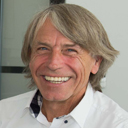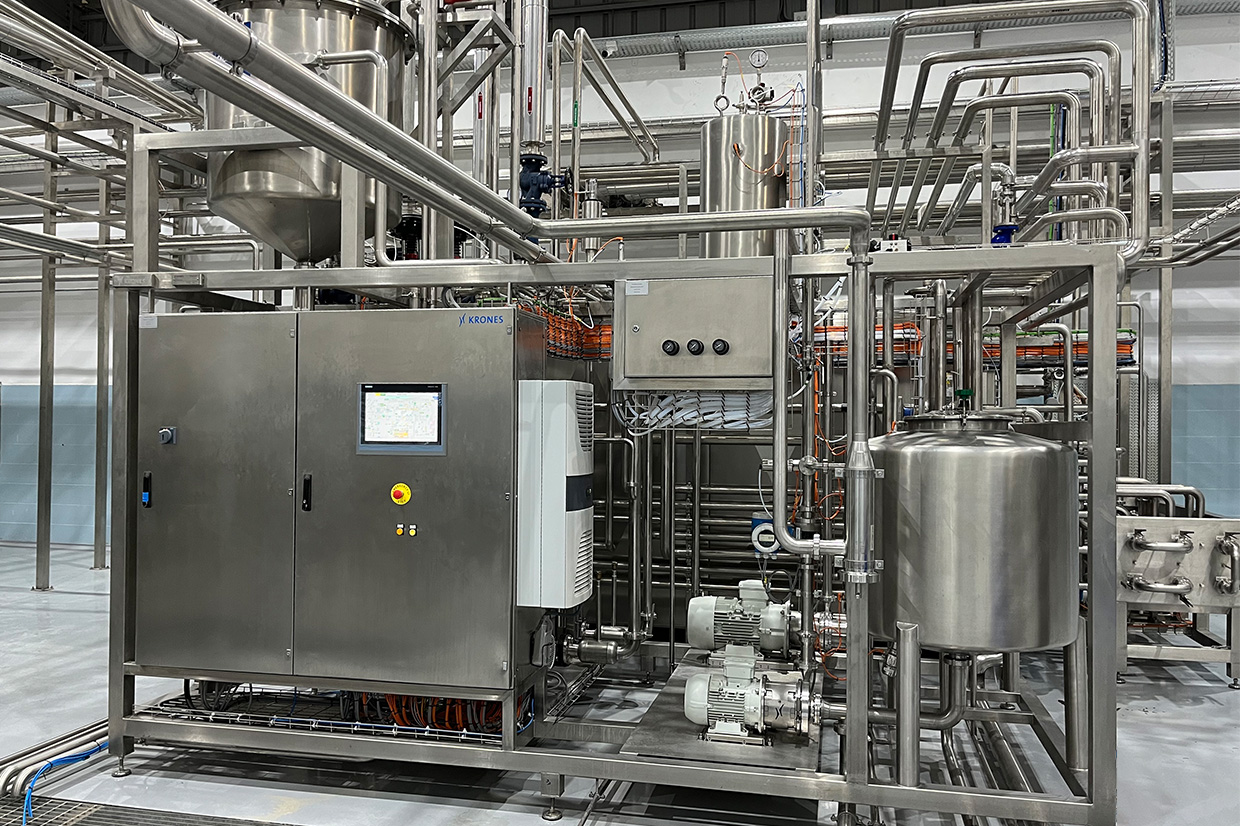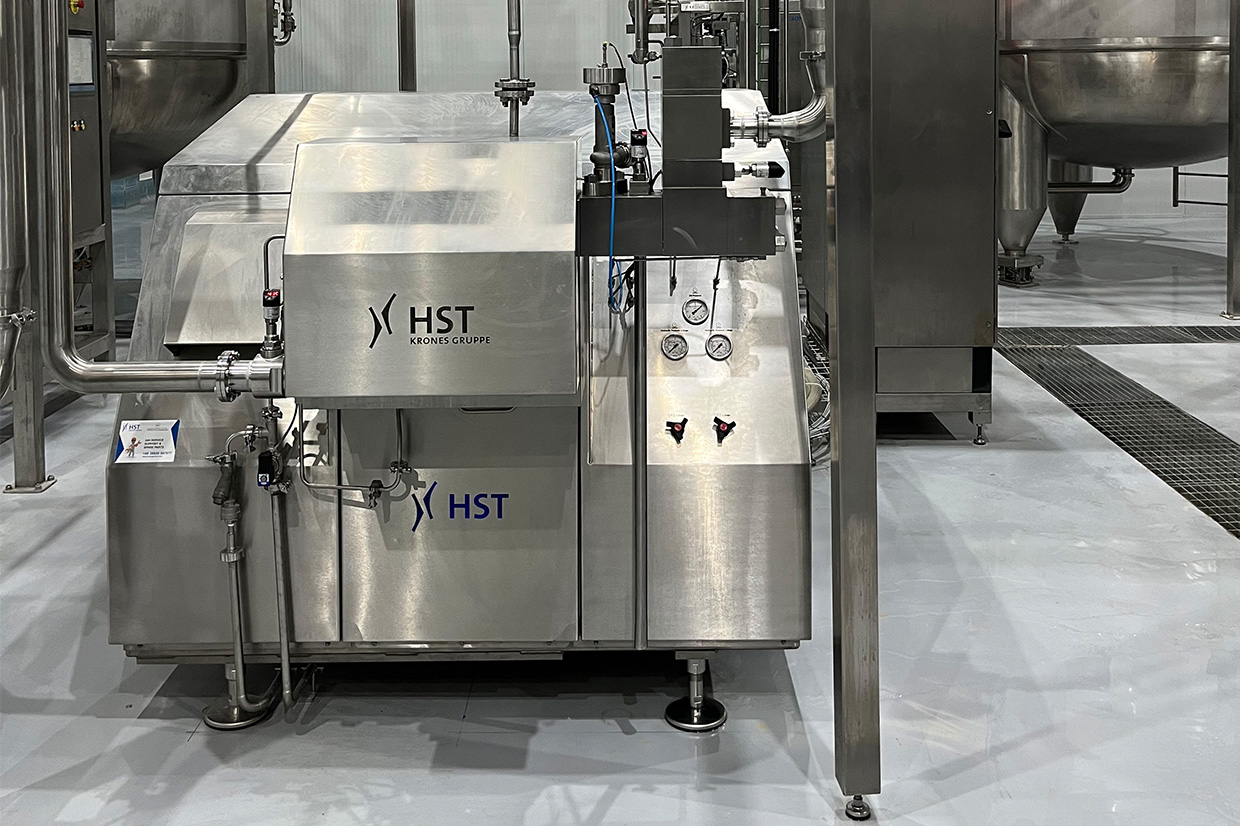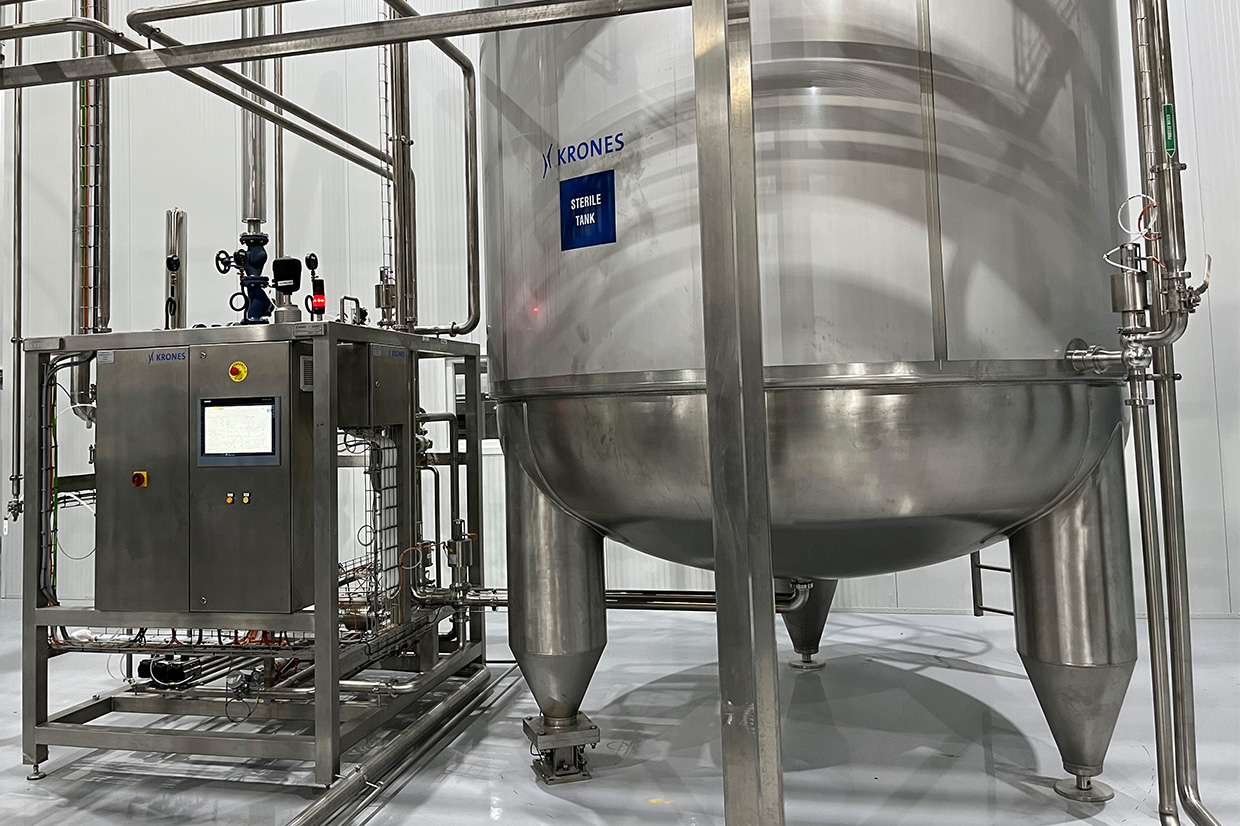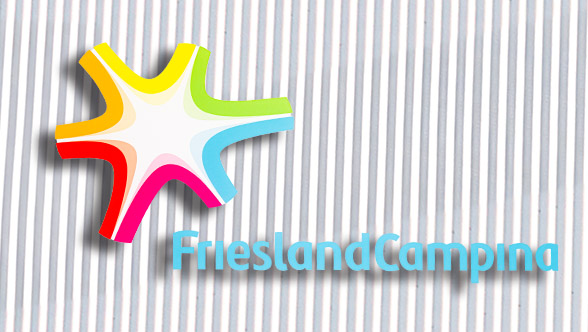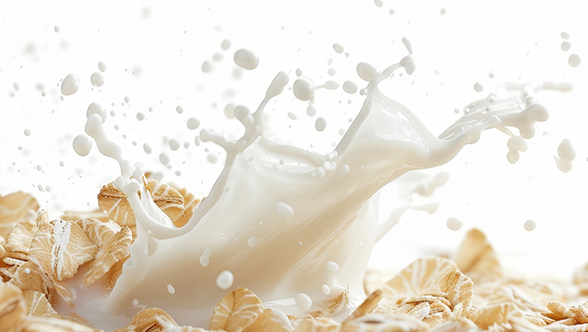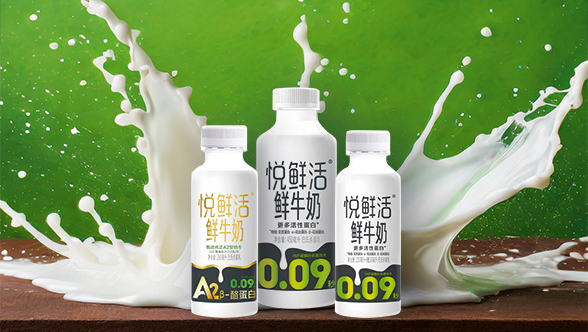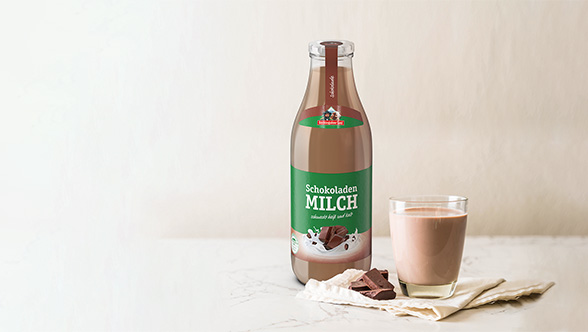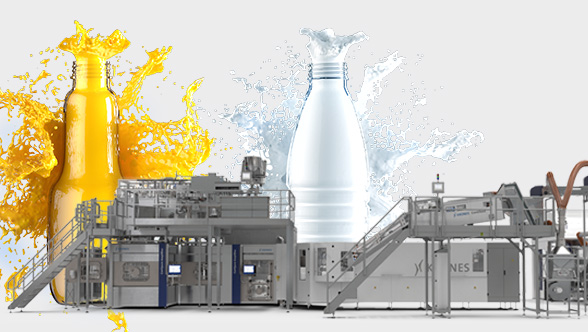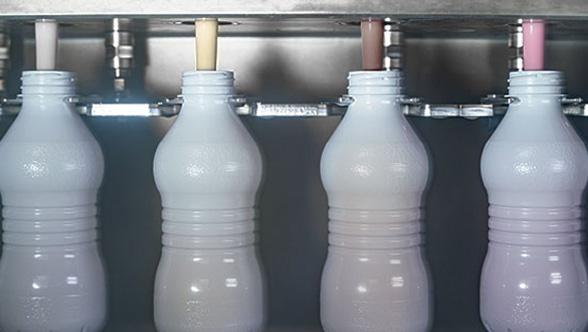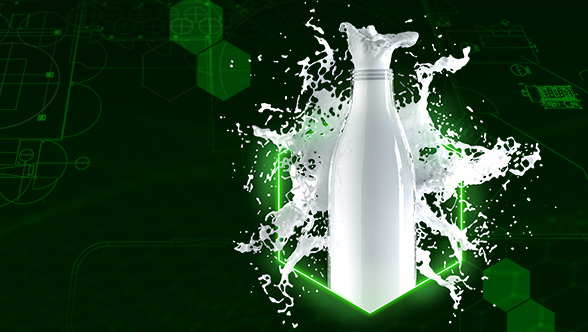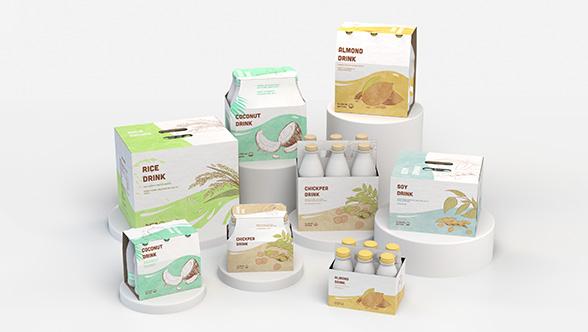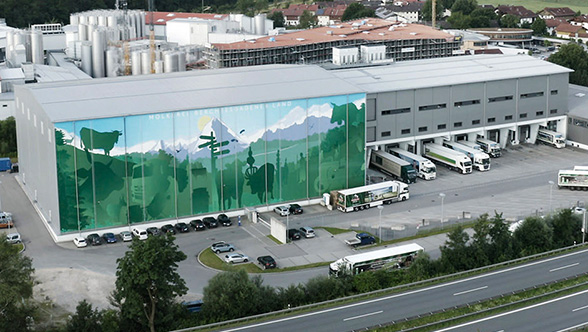People in Mauritania like milk. It’s a drink with a long tradition in the country’s nomadic culture, and consumption of milk and dairy products is currently gaining even more in importance. However, the climatic conditions in the desert state hardly permit dairy farming. At present, four dairies in Mauritania produce fresh milk with a shelf-life of just one week, which means it can only be used to meet demand in the capital itself, with its roughly one million inhabitants.
That is why the country in the northwest of Africa has so far imported most of its UHT milk and dairy products from Europe, Egypt and Saudi Arabia. In order to reduce its dependencies, Enazaha has now started to process and fill UHT milk, evaporated milk and drinking yoghurt. Powdered milk and milk fat are both imported and serve as the basis for making the company’s dairy products.
